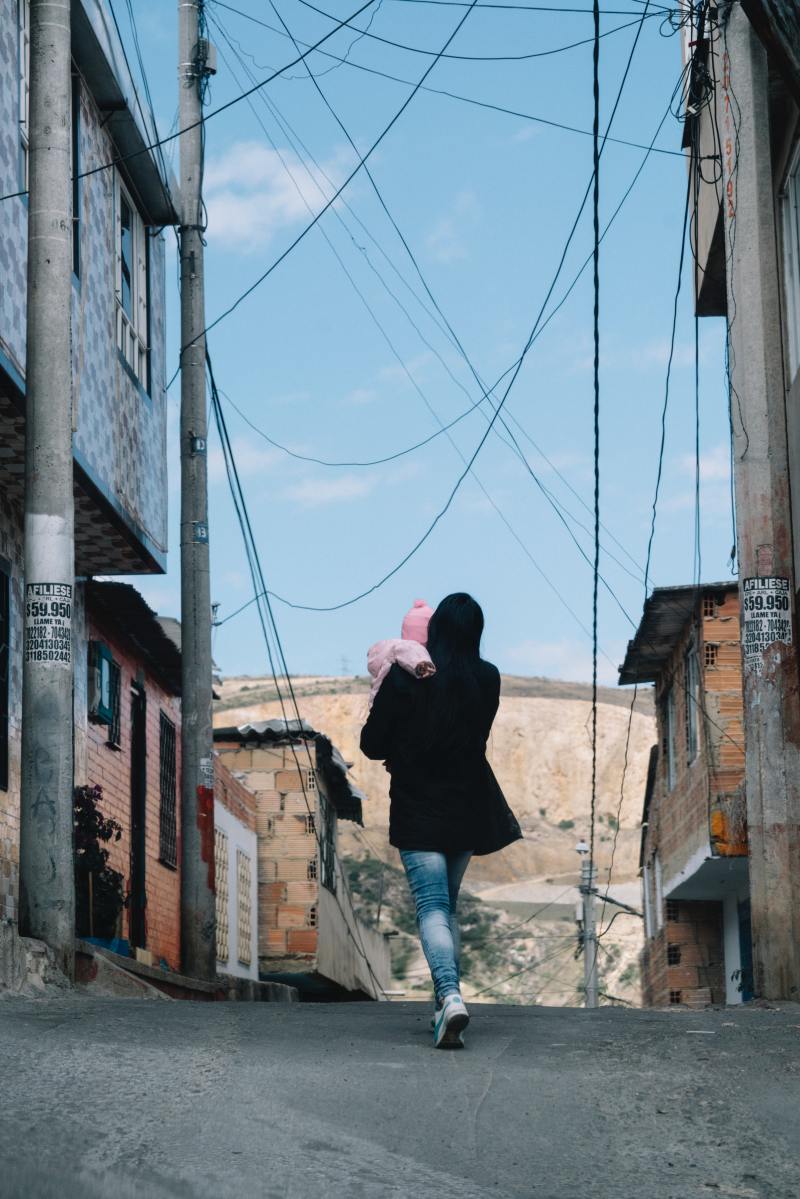
"We fear that if the issue of abortion goes back to discussion in court, it might end up being decriminalized, first in Veracruz, then in the whole country," Rev. José Manuel Suazo, a spokesperson for the Archdiocese of Xalapa shared.
"In 2017, they tried to change the law in Veracruz to decriminalize abortion under any circumstances during the first 12 weeks of pregnancy. But the change was considered unconstitutional," Rev. Suazo said.
While most people in Latin America "see abortion as a terrible kind of murder, there's a rift in value and practice," said Franciso.
The Catholic Church in Latin America has surrendered the leading role it once had in the cultural dialogue over abortion according to Franciso Borba Ribeiro Neto, the director of the Pontifical Catholic University's Center of Faith and Culture in São Paulo, Brazil. Abortion in the first 12 weeks of pregnancy is currently allowed in Mexico City and Oaxaca and many women from across Mexico travel to the capital to get an abortion legally.
"In [the Mexican state of] Veracruz, hospitals have historically failed to obey the law and give access to safe abortion to girls with ages varying from 10 to 14 who had been raped," Luz Estrada, the coordinator for gender violence and human rights issues for Mexican Catholics for the Right to Decide shared the changing abortion practices in a statement.
In most Latin American countries, women are still fighting for rights to their bodies. Only Cuba, Guyana, French Guyana, Uruguay, and Puerto Rico allow abortion without condition in the first weeks of pregnancy. In the case where abortion is legal in Latin American countries, abortion is only legal if the pregnancy is the result of rape, a risk to the mother's health, or if the fetus has a fatal condition.
Luz Estrada asserted in a statement, "What [the pro-life campaigners] see as a type of international conspiracy for the decriminalization of abortion is in fact the progress of women's rights," she argued. The group's intention, she explained, is to "fight for women's health and dignity."


















